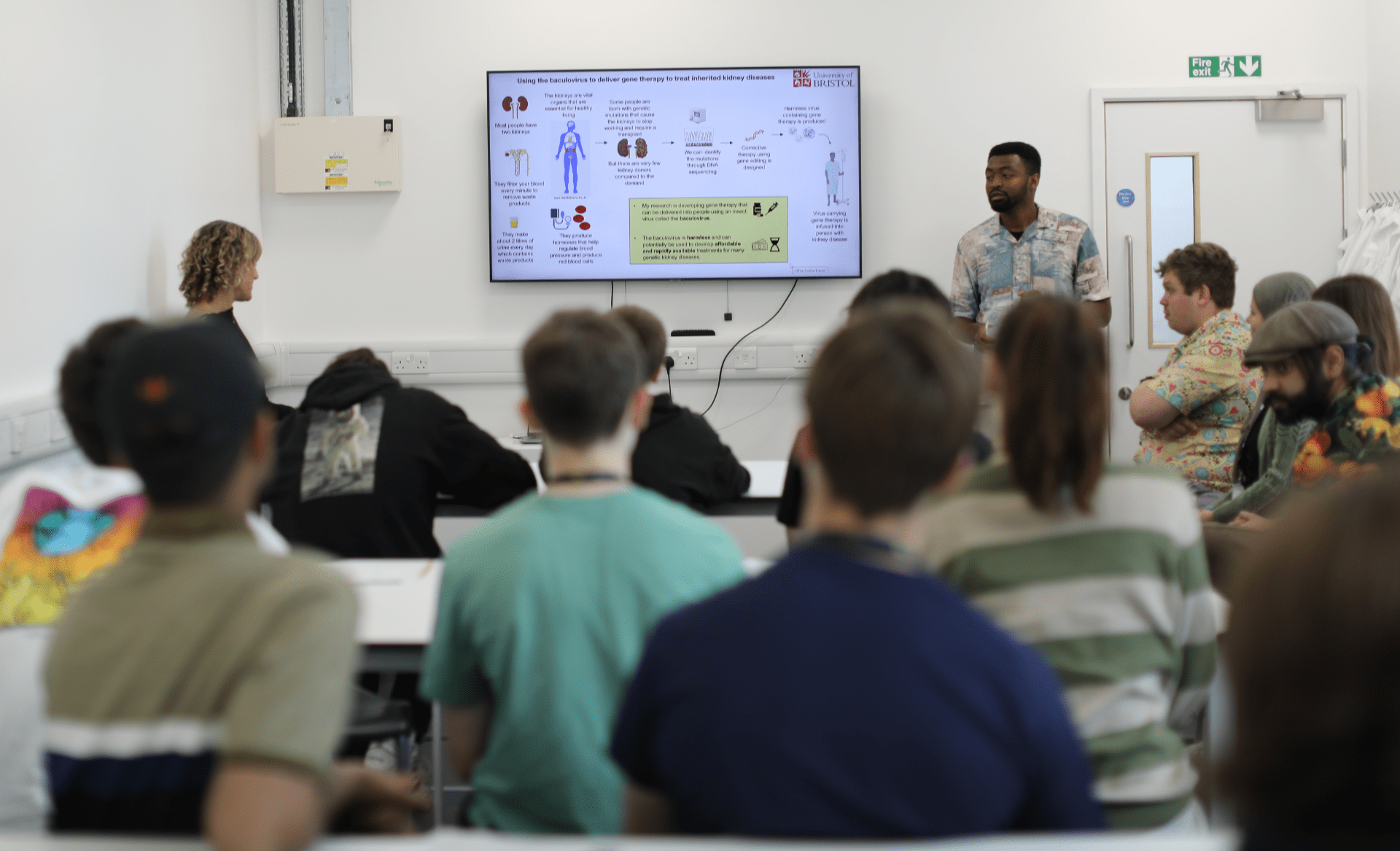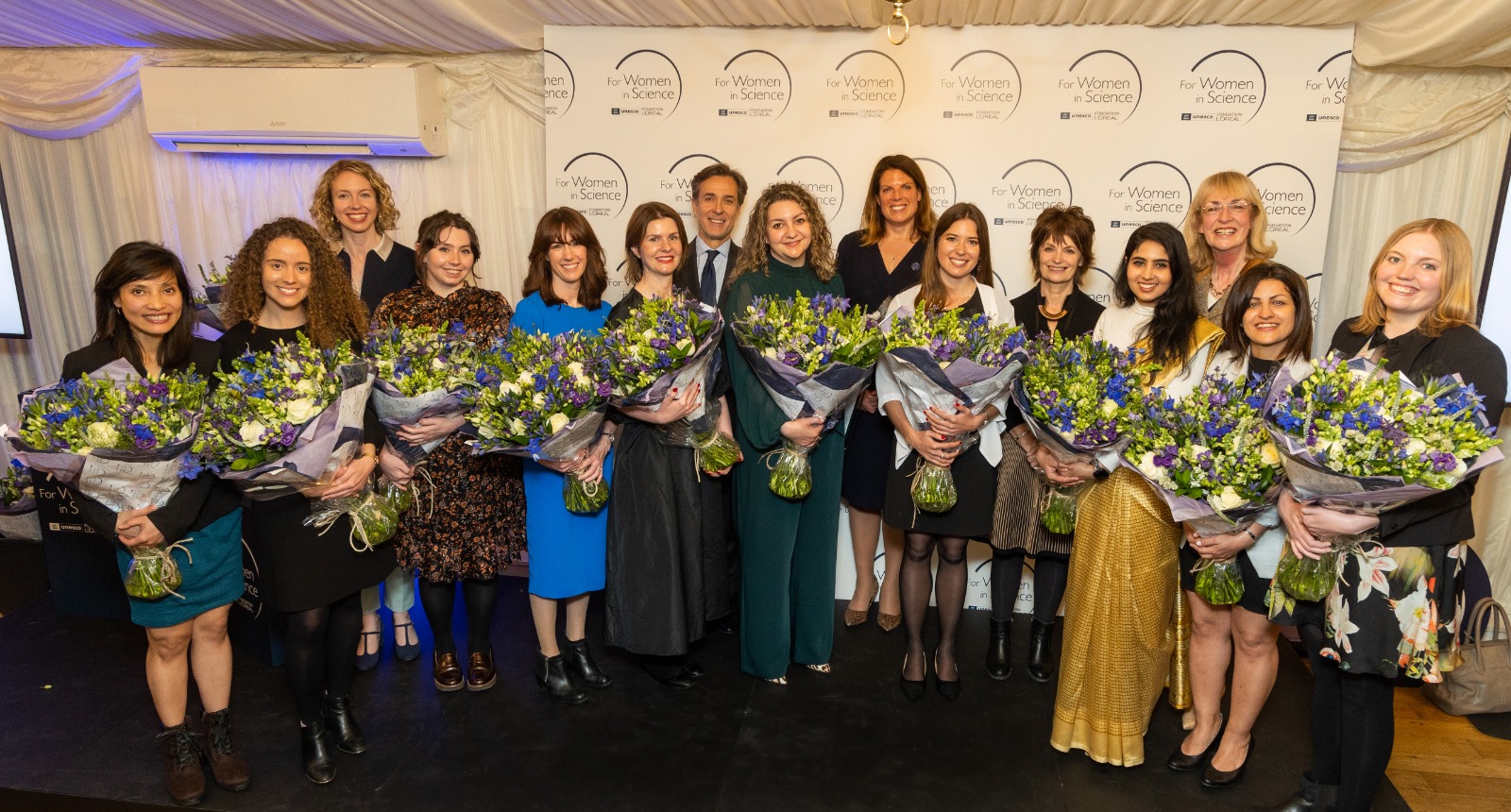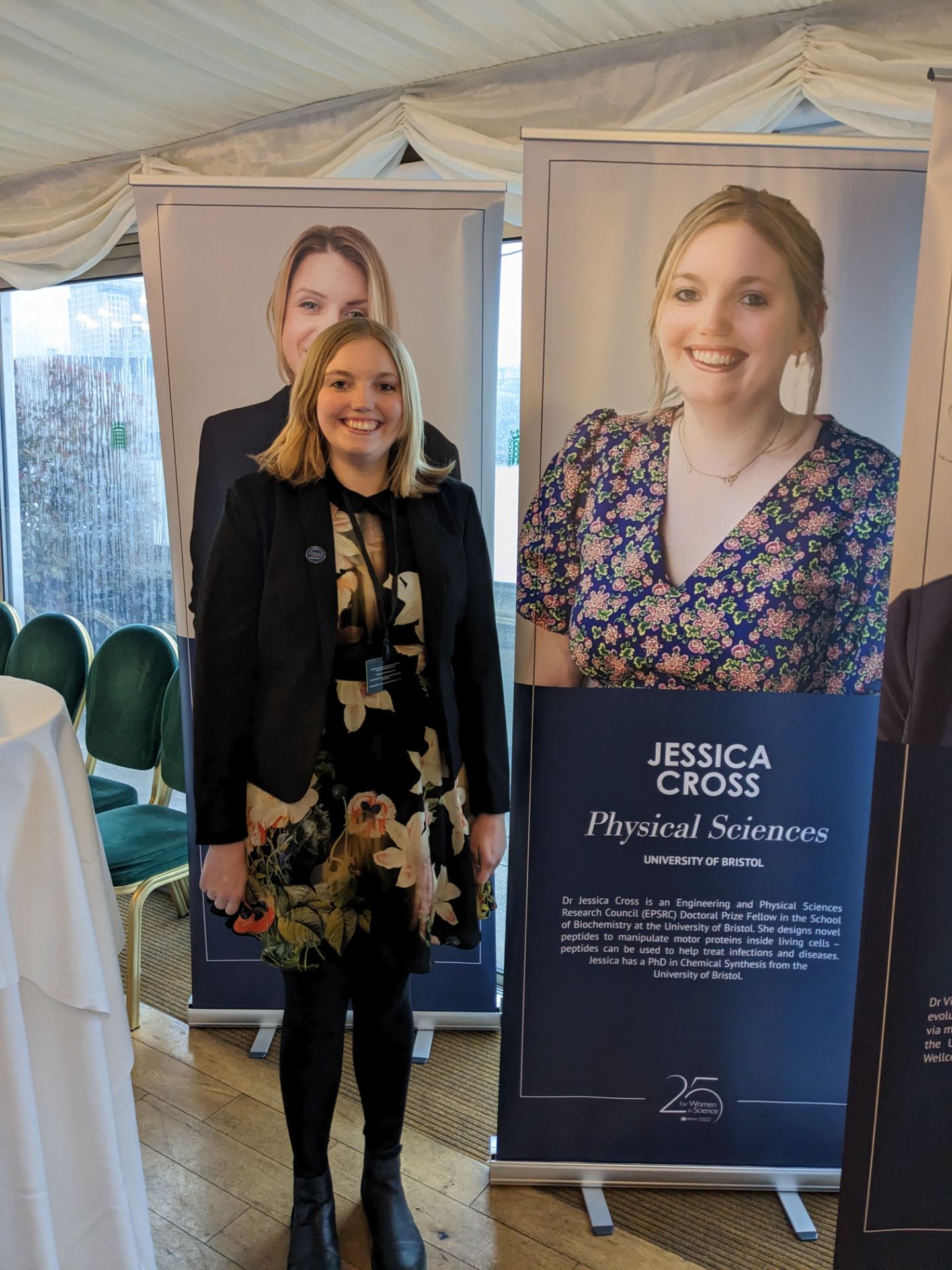
The Bristol BioDesign Institute is offering an Innovation Training Programme to early career researchers looking to develop an entrepreneurial mindset and deepen their understanding of translational opportunities and innovation.
Building on the success of the BrisEngBio Innovation Programme, participants will be provided with innovation training, mentoring and networking opportunities, and support to drive the translation of their research.
The programme is primarily aimed at postdoctoral researchers, but others with a strong interest in innovation are also welcome to apply.
Monthly training sessions, running over a six-month period, will cover topics such as:
- Introduction to Research Translation.
- What is Intellectual Property and how can I protect it?
- Developing impact from your research.
- Presenting my research to a non-expert audience.
- What is a start-up and how do start-up incubators work?
In addition, participants will be matched with an industry-based mentor, to gain exposure to industry and to access the broader community and ecosystem.
Participants are expected to attend all of the training days, as there will be an emphasis on cohort building and peer-to-peer learning.
At the end of the programme, participants will have:
- learned new skills and knowledge, and developed an entrepreneurial mindset.
- an understanding of different ways to get involved in innovation and enterprise activity (also known as knowledge exchange).
- the ability to identify translational opportunities within their research.
The sessions will be co-delivered with the DREI Research Commercialisation Team, Science Creates, Spin Up Science, and SetSquared.
For further information, please contact Kerstin Kinkelin.
The BBI Innovation Programme is funded through a Harmonised EPSRC-ESRC Impact Acceleration Account Strategic Impact Award.




 Congratulations to
Congratulations to 